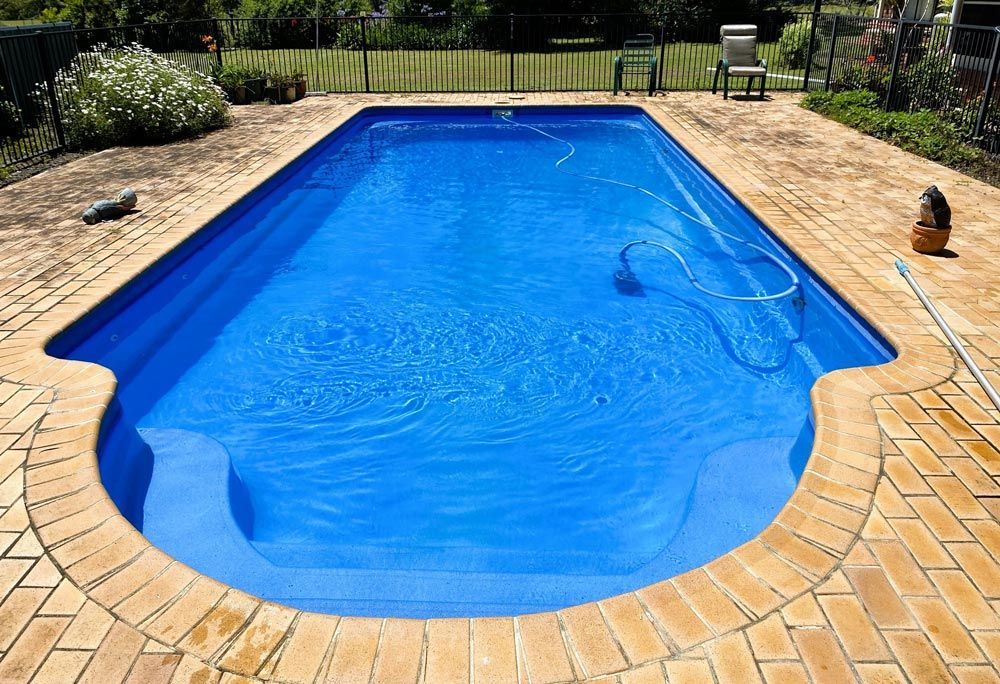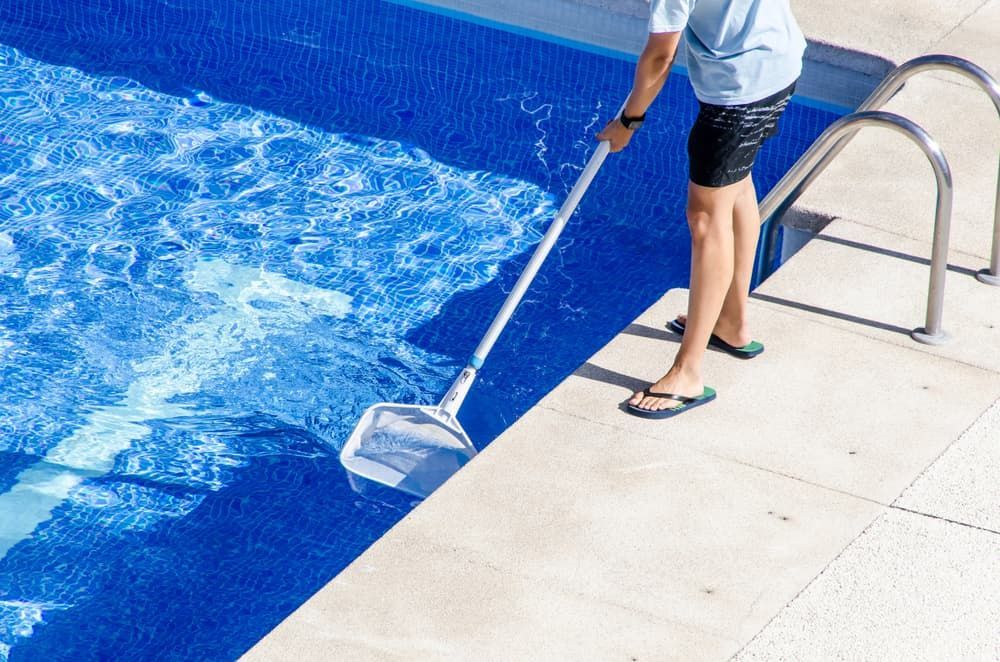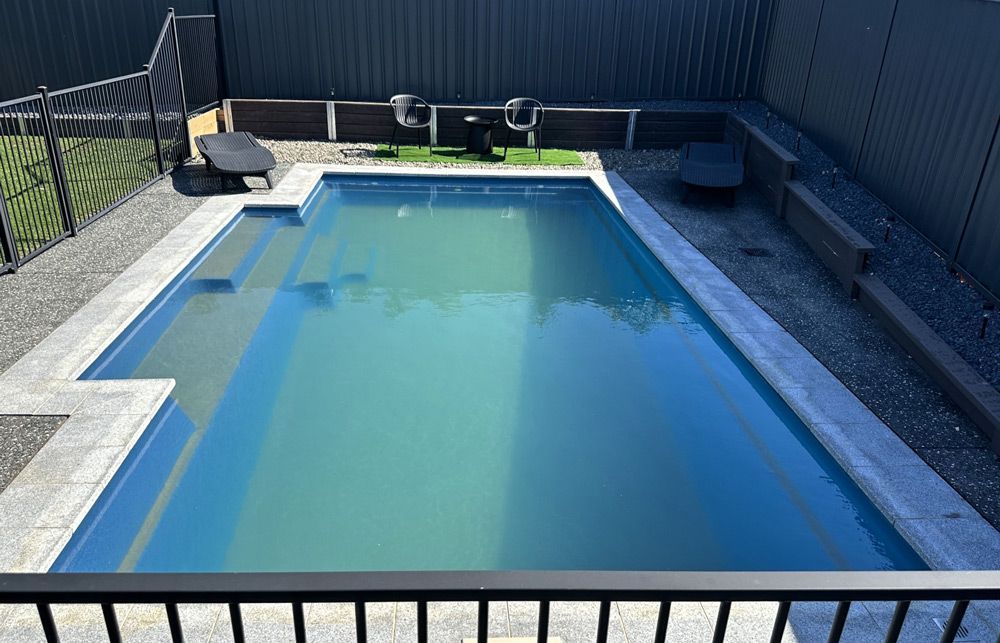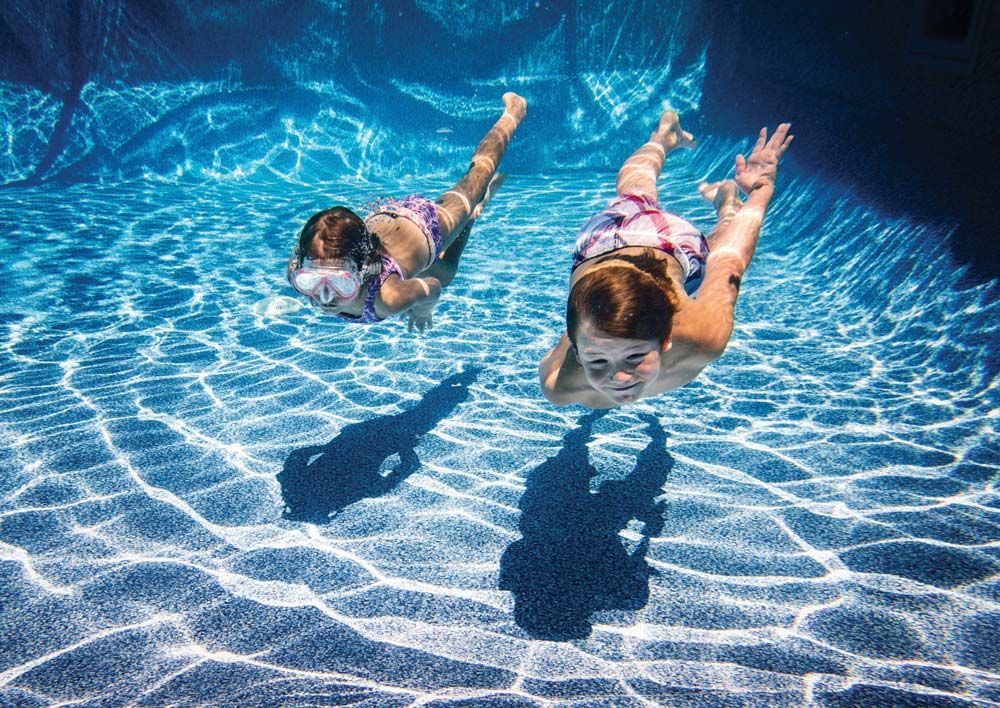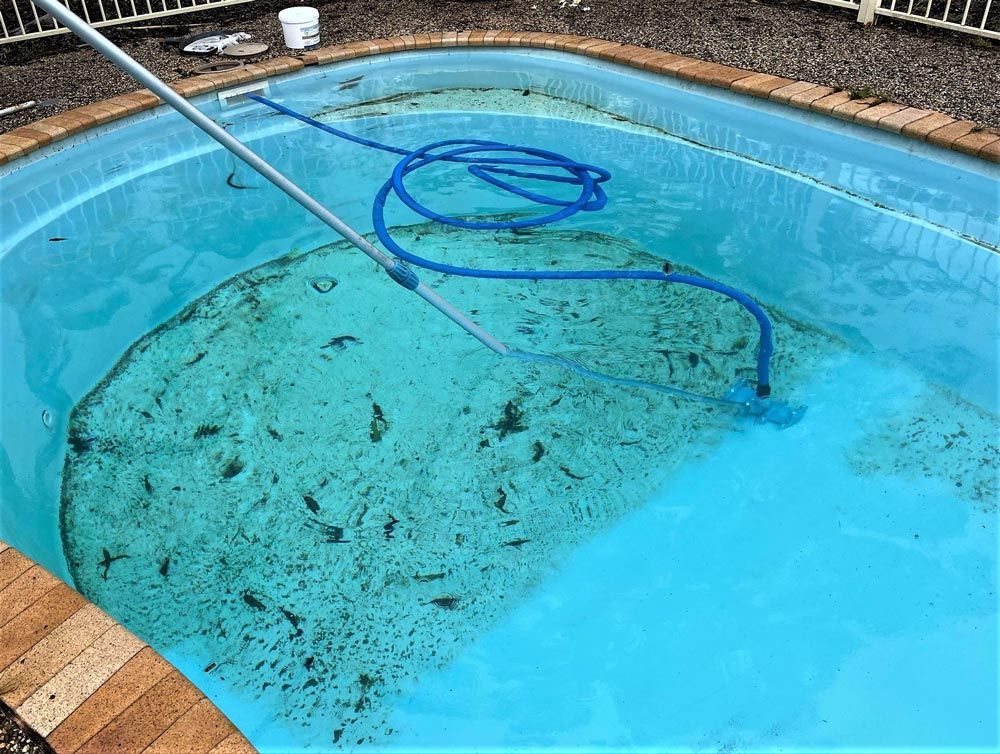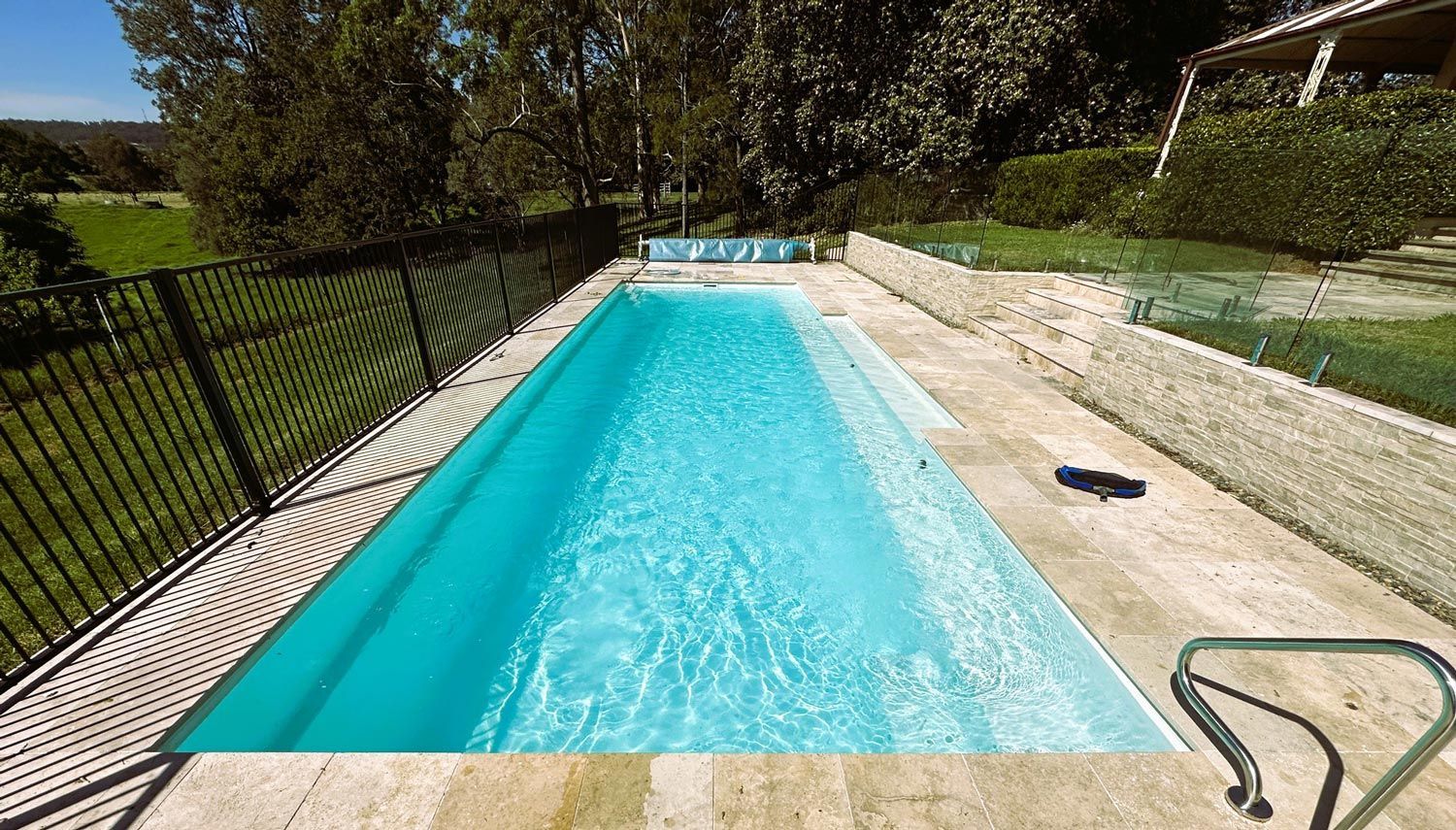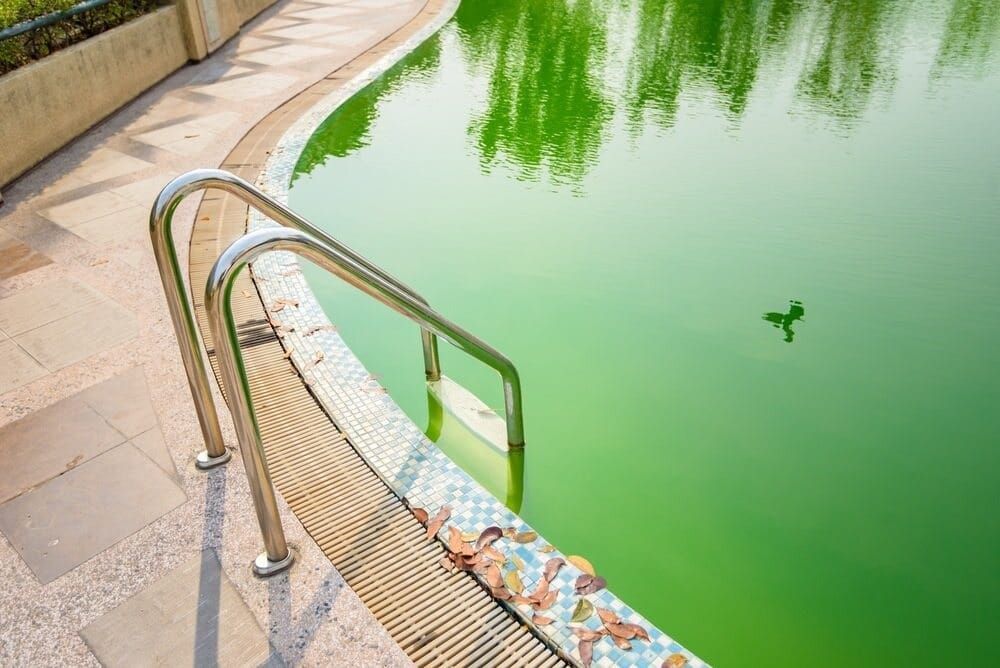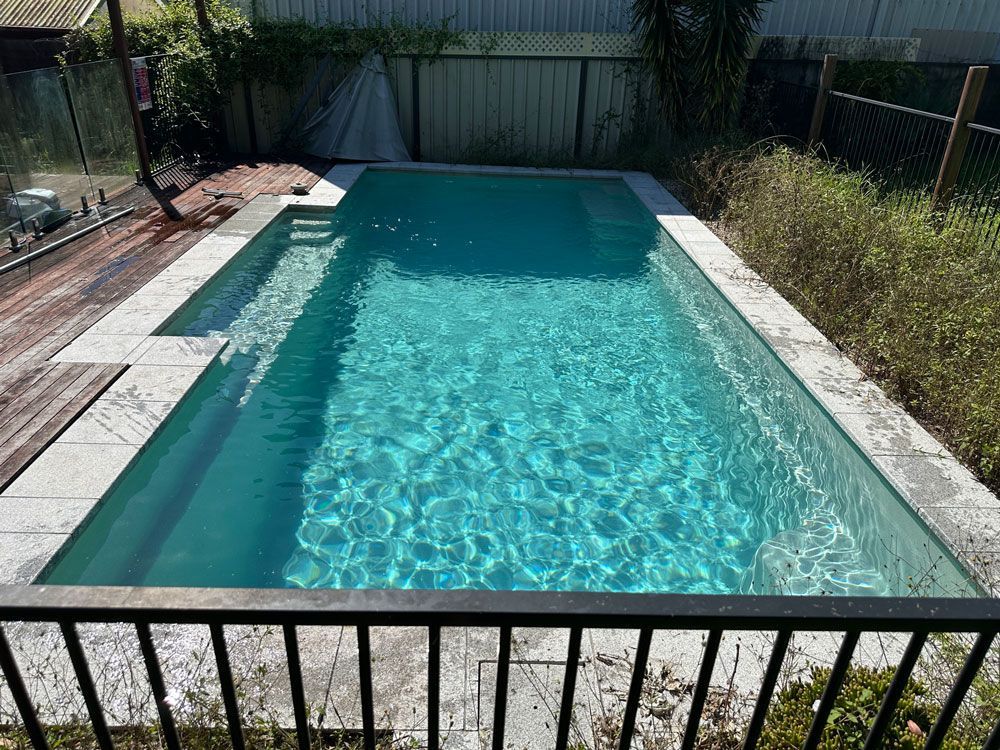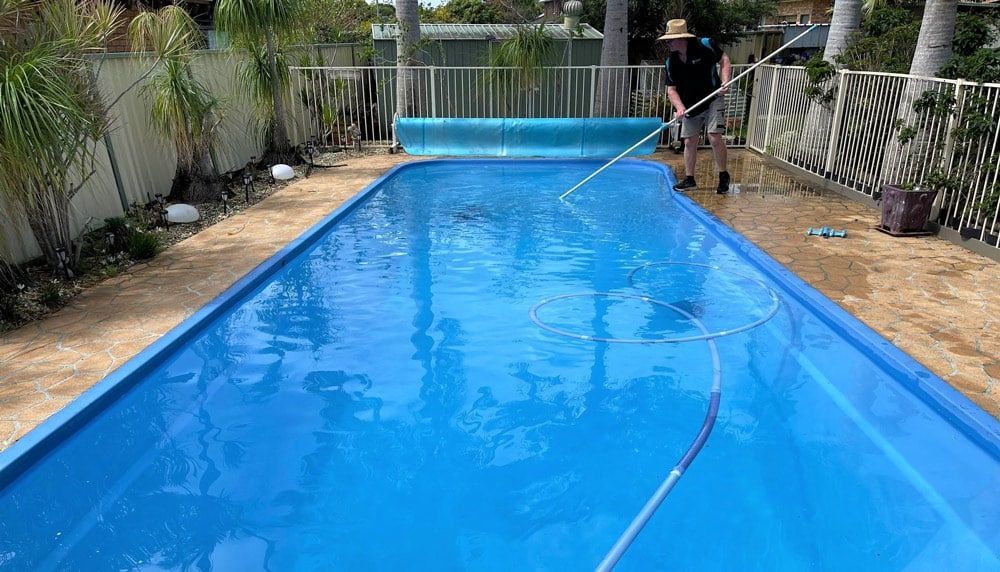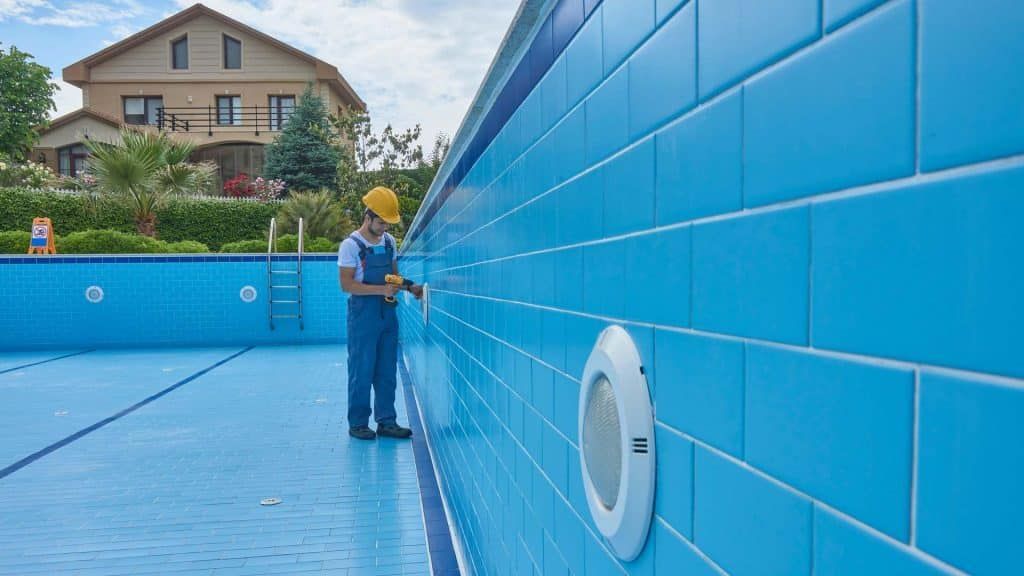Importance of Pool Filters for Healthy Swimming Water
Keeping your pool water clean, clear and safe isn’t just about adding chlorine and hoping for the best. Behind the scenes, pool filters do the heavy lifting when maintaining a healthy swimming environment. Whether enjoying a backyard dip or maintaining a pool for guests, filtration is critical in preventing cloudy water, removing contaminants, and ensuring every swim is as enjoyable as it is hygienic.
With help from reliable
Forster pool supplies professionals, pool owners can choose the right filters and keep them functioning at their best. Here’s what you need to know about how pool filters work, what sets different systems apart, and why proper filtration is essential for pool health.
How Pool Filters Work to Keep Your Water Crystal Clear
Pool filters are responsible for removing the unwanted particles that can make swimming water unsafe or visually unappealing. They work by circulating pool water through a filtration medium that captures dirt, oils, algae spores, and bacteria before sending the clean water back into the pool.
Here’s a breakdown of the filtration process:
- The pump draws water from the pool, usually via skimmers and the main drain.
- The pump pushes water through the filter, which captures acceptable debris and particles from the water.
- Filtered water is returned to the pool, completing the circulation loop and maintaining clean conditions.
The Different Types of Pool Filters & What Sets Them Apart
There’s no one-size-fits-all solution when it comes to pool filters. Depending on your pool’s size, usage, and personal maintenance preferences, one type may suit you better. The three main types of pool filters include sand, cartridge, and diatomaceous earth (DE) filters.
Here’s how they compare:
- Sand filters use a bed of specially graded sand to trap particles. They are durable and require less frequent cleaning, but they filter larger particles and may not catch the finest debris.
- Cartridge filters use a pleated paper element to capture finer particles than sand. They offer excellent water clarity and are easy to clean, but require more frequent maintenance.
- DE filters coat filter grids with a fine, powdery substance (diatomaceous earth). They offer the highest level of filtration, capturing even microscopic contaminants, but they are the most involved to clean and maintain.
Why Clean Filters Mean Safer Swimming for Your Family
A clean pool doesn’t just look good—it protects swimmers from harmful bacteria, skin irritations and eye discomfort. When filters are blocked or not functioning correctly, water quickly becomes a breeding ground for germs and algae, even if the pool is chemically balanced.
Here’s what can happen when filters are neglected:
- Cloudy water can form due to suspended dirt, skin oils, and cosmetics that are no longer filtered out.
- Bacteria and algae grow as organic matter accumulates in warm, unfiltered water.
- Eye and skin irritation can result from increased contaminants and chemical imbalances caused by poor circulation.
- Foul odours may arise when stagnant water traps debris and bacteria in hard-to-reach places.
Signs Your Pool Filter Needs Repair or Replacement
Pool filters are built to last, but like any mechanical system, they eventually show signs of wear. Ignoring early signs can lead to expensive damage or unsafe swimming water. Knowing what to look for means you can act quickly before the issue escalates.
Here are some common signs your filter may need professional attention:
- Persistent cloudy water, even after chemical balancing and cleaning.
- Pressure gauge readings that are unusually high or low can indicate clogs or internal issues.
- Visible cracks or leaks in the filter tank or connections.
- Frequent need for backwashing or cleaning, which may mean the filter media is worn out.
- Debris returning to the pool shows that filtration is incomplete or compromised.
The Hidden Benefits of Well-Maintained Filtration Systems
Keeping your filtration system in top shape does more than keep water looking clear. Proper maintenance of your pool filters supports the broader health of your entire pool system and reduces long-term costs.
Some lesser-known benefits include:
- Lower chemical usage, as clean water requires fewer chlorine adjustments.
- Less strain on pumps, since clean filters improve water flow efficiency.
- Extended equipment life, including heaters and chlorinators that benefit from reduced debris flow.
- Improved energy efficiency, as your pump doesn’t need to work as hard to circulate water.
How Often Should You Clean or Replace Your Pool Filter?
Maintenance intervals vary depending on filter type and pool usage, but regular care is essential to keep your system functioning correctly. Cleaning too infrequently leads to poor filtration, while over-cleaning can cause unnecessary wear.
Here are general guidelines for filter care:
- Sand filters should be backwashed every 4–6 weeks and replaced every 5–7 years.
- Cartridge filters should be cleaned every 2–4 weeks and replaced every 1–2 years, depending on usage.
- DE filters must be backwashed and recharged every 1–2 months, with complete cleaning done at least once per season.
Choosing the Right Pool Filter with Help From Forster Pool Supplies Experts
Selecting a pool filter isn’t just about budget—it’s about getting the right system to match your pool’s size, frequency of use, and filtration needs. With so many models and brands available, making the wrong choice without guidance is easy.
Local experts from Forster pool supplies can help you evaluate:
- Pool size and volume, ensuring your filter can handle daily water turnover.
- Surrounding environment, like whether your pool is shaded or exposed to leaves and debris.
- Frequency of use, including whether your pool is used daily, seasonally, or occasionally.
- Maintenance ease depends on how often you clean or service the filter.
- It is compatible with existing pumps, so you don’t need to replace other parts unnecessarily.
Why Buying Quality Pool Filters from Trusted Forster Suppliers Makes All the Difference
Not all pool filters are created equal. Choosing a trusted local supplier ensures you’ll get reliable products, expert advice, warranty coverage, and after-sales support.
Here’s why Forster residents benefit from using reputable pool supply stores:
- Access to genuine parts and accessories reduces the risk of system damage from poor-quality imitations.
- Tailored recommendations, based on local pool types and regional conditions.
- Hands-on troubleshooting and servicing are available when problems arise.
- Product warranties and guarantees offer peace of mind with every purchase.
- Support for long-term maintenance, including seasonal check-ups and replacement reminders.
Keep Your Pool Water Healthy with Forster’s Trusted Pool Supply Experts
A healthy pool starts with a reliable, well-maintained filtration system. Whether you need a replacement filter, parts, or helpful advice, our team supports your pool care routine. At
Taree Pool Supplies, we proudly serve the Forster region with quality products and expert guidance.
Contact us today!

